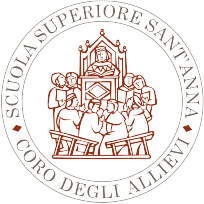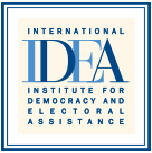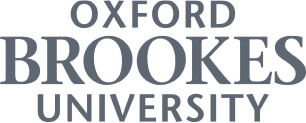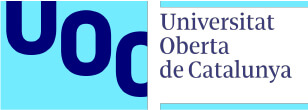UN Photo/Harandane Dicko
About
The online Master in Electoral Policy and Administration (MEPA) aims to provide advanced learning on electoral processes for current and aspiring election professionals through a network of field practitioners and world-leading academics and electoral experts. Responding to a global structural demand for qualified electoral professionals, the Master’s programme is based on a systematic and comprehensive approach to the professional development of those enrolled and places particular emphasis on the importance of advancing equal career opportunities for men and women in this sector, including in senior positions.
MEPA is composed of an online component (9 months) and an optional residential component at the Scuola Superiore Sant’Anna in Pisa, Italy (up to 3 weeks). Internships are encouraged but not compulsory in order to earn the Master’s diploma.
In partnership with the Scuola Superiore Sant’Anna and the International Institute for Democracy and Electoral Assistance (International IDEA).
About
The online Master in Electoral Policy and Administration (MEPA) aims to provide advanced learning on electoral processes for current and aspiring election professionals through a network of field practitioners and world-leading academics and electoral experts. Responding to a global structural demand for qualified electoral professionals, the Master’s programme is based on a systematic and comprehensive approach to the professional development of those enrolled and places particular emphasis on the importance of advancing equal career opportunities for men and women in this sector, including in senior positions.
MEPA is composed of an online component (9 months) and an optional residential component at the Scuola Superiore Sant’Anna in Pisa, Italy (up to 3 weeks). Internships are encouraged but not compulsory in order to earn the Master’s diploma.
In partnership with the Scuola Superiore Sant’Anna and the International Institute for Democracy and Electoral Assistance (International IDEA).
“Free and fair elections are not only a basic human right, codified in several international conventions but also the pre-requisite for building credible and effective governments. In a period of great changes and challenges for each state and for every citizen, especially in light of the COVID-19 pandemic, the integrity, credibility, and transparency of electoral processes must be safeguarded and enforced. The Master in Electoral Policy and Administration, entirely delivered online, represents a unique capacity-building opportunity for all the stakeholders involved in the preparation and running of national elections. Staff of the national Election Management Bodies, political activists, civil society organizations can immensely benefit from the Master, which offers the technical and political inputs needed to run the elections according to the current international standards and to monitor the development of the electoral process.”
Professor Andrea de Guttry,
MEPA Programme Director, Scuola Superiore Sant’Anna
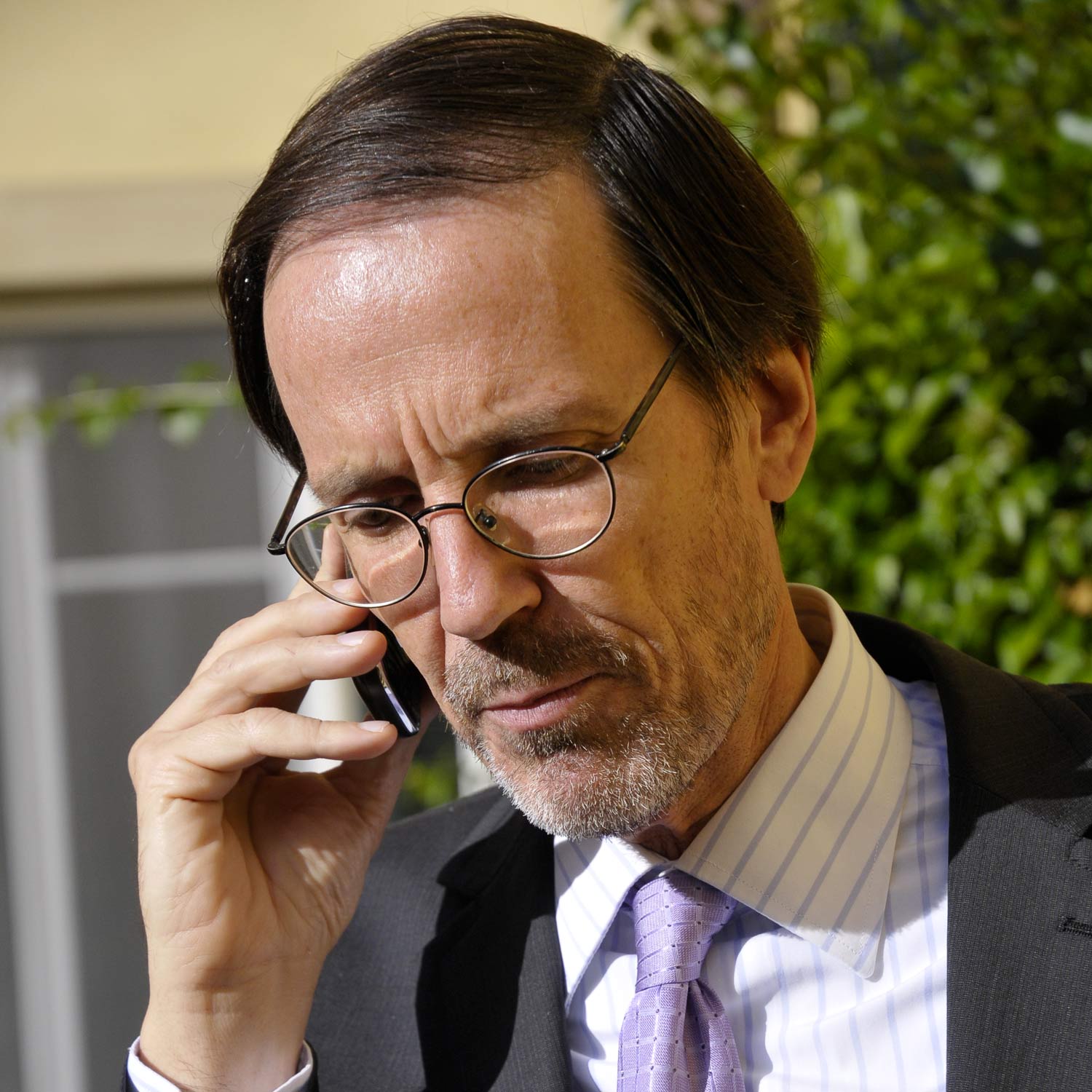
Curriculum
The Master in Electoral Policy and Administration is awarded upon the completion of 62 ECTS (minimum), while it is possible to obtain up to 67 ECTS throughout the programme. At the end of the Master’s Programme, those students, who have passed all the required examinations and successfully presented their Master thesis, will receive from Scuola Superiore Sant’Anna a First Level Master’s Diploma, in accordance with rt. 3 of the Italian DM no. 270/2004. The degree is awarded according to the rules and regulations set by the Italian and the EU education system. Given its specificity, it does not give general access to Doctoral studies (PhD and similar). Validation of credits for access to such programmes can be requested from competent institutions.
Applications are open throughout the year and students are accepted on a rolling basis. However, deadlines exist to be considered for a specific semester.
Frequently Asked Questions
Applications are accepted on a rolling basis. However, to be considered for a specific semester, please submit your application no later than the 1st of March – to start in April and the 1st of September – to start in October. You will be informed about the result within three weeks. Once admitted, you will receive an admission letter and you will have up to six months to secure enough funding and start attending the courses.
The admission requirements are:
- Three-year (at least) university degree in a relevant field, combined with some working experience in the field of electoral policy and administration or related areas. Students expecting to graduate within a period of three months from the application are also eligible.
- (2) Fluency in English – at least at level C1 (please refer to: CEFR for Languages, CoE, www.coe.int/lang-CEFR ).
The online Master in Electoral Policy and Administration, as well as individual modules, are accredited in the same way as on-campus courses. There are no differences between the qualifications you will gain online and those delivered on-campus, and strict quality assurance procedures are adhered to for our online master programme and individual modules. On completion of the Master’s Programme, you will be awarded a Master’s Degree from Scuola Superiore Sant’Anna. If you decide to purchase and attend individual modules you will receive a Certificate of Completion and the respective academic credits for each module. Qualifications will be released only to those who will have settled the tuition costs and have passed the exams as requested.
A certificate is not compulsory, but it would be very much appreciated and we encourage to attach it to the online application. Please be aware that in order to attend the courses you must be fluent in English and the required level is at least C1 (please refer to: CEFR for Languages, CoE, www.coe.int/ lang-CEFR). Please consider also that all modules will be taught in English and you will be required to take exams and to write a final thesis of 15,000-20,000 words in English.
The length of the master programme is about one year:
Eight months – Online component
Three months – Preparation of the thesis
Up to three weeks – Optional residential component in Pisa, Italy
The optional residential component will take place twice a year, in autumn and in spring, to give you the possibility to discuss your thesis in front of an academic panel and to participate to events organized ad hoc, such as workshops and seminars. The optional residential component will be offered with a minimum of ten participants. Please note that you also have the possibility to discuss your thesis via online means, such as Zoom.
To give students enough flexibility, you will have up to two years to complete the master programme.
Individual modules correspond to two to four academic credits. Please consider that an academic credit corresponds to 15 to 20 hours of study and if you choose to purchase and attend individual modules, each of them shall be completed in six months.
The master programme is composed of 19 modules and each module corresponds to two to four academic credits. Please consider that an academic credit corresponds to 15 to 20 hours of study.
The length of the master programme is one year, however, in order to give you enough flexibility, you will have up to two years to complete the master programme.
You can access the platform anytime, 24 hours a day and 7 days a week. Through online learning you will be able to study anywhere where there is an internet connection, when it is more convenient for you.
The online Master programme in Electoral Policy and Administration is of equal value to on-campus programmes in terms of entry criteria and overall workload. The only difference is in the way the course is delivered.
As an online learning student, you will:
earn an internationally recognised Master Degree
be able to study anywhere that has an internet connection
have the flexibility to study when it’s most convenient for you
be taught by academics working at the leading edge of your field
become part of a rich and varied online community
have access to University support services
earn up to 67 ECTS-credits (European Credit Transfer System)
UNITAR and Scuola Sant’Anna adopt an approach that relies on experiential and collaborative learning, allowing participants to share knowledge and experiences and contribute dynamically to the learning process. This approach focuses on the learning needs, interest, and expectations of the participants to ensure the relevance and retention of content and puts particular emphasis on the active participation of learners through practice-oriented learning activities (both during the online and residential components).
While delivering the modules, lecturers, assistants, and coordinators will devote particular attention to enduring interactivity, participation, links with practical examples and real experiences.
With specific reference to the online component, modules are designed to foster synergies between theory and practice. Taking advantage of the opportunities of technology-enhanced learning, the learning materials are presented through various means, such as text, graphs, images, and video material, which contribute to better retention and to enhance the learning process.
To create collective knowledge and to facilitate interaction and experience sharing among participants, working groups and discussion forums are organized. The working groups are a recurring feature of the Programme as they are used to carry out different learning activities.
At the end of each module there will be a final exam with different modalities (ex. multiple choice exams, essays, open questions, interviews, etc.)
Yes, you always have the possibility to contact lecturers and other students directly. You will have the possibility to ask your questions on the platform and you will receive an answer in a very short time. Also, during the master programme, several “live” activities will be organised, such as live webinars, group works and simulations in a virtual classroom.
You will have access to the Scuola Sant’Anna online library to consult e-journals and the database from distance, career counselling and job search or internship assistance. You will also be able to communicate directly with lecturers, coordinators, and other students, and you will be assisted by a tutor throughout the entire master programme.
All of our courses require a basic competency with computers. However, we do not expect you to know how to use the online platform before you start, and full orientation will be given before the course commences. Many of our students have never studied online before, and being motivated, self-disciplined and an independent learner are key skills.
United Nations Institute for Training and Research (UNITAR)
Division for Peace
Avenue de la Paix 7 bis, CH 1202, 2 Geneva, Switzerland
E-mail: mepa@unitar.org
Testimonial
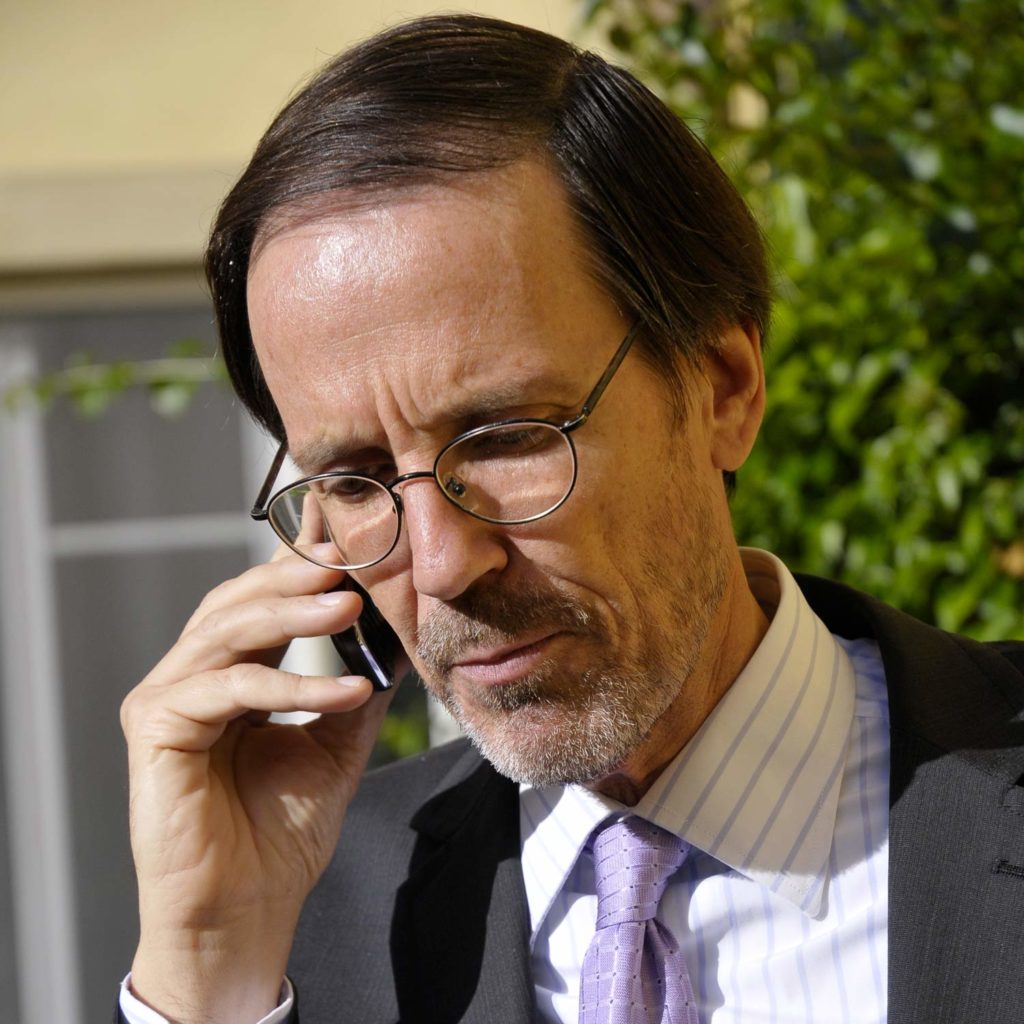
Professor Andrea de Guttry,
MEPA Programme Director, Scuola Superiore
Sant’Anna






